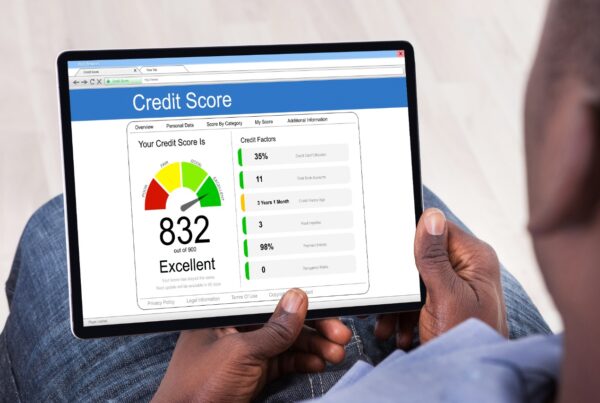Despite the pandemic, frequent lockdowns, and social distancing protocols, the real estate sector has turned out to be extremely resilient. Investment in the real estate sector has been profitable as owning a home is now a top priority among people. According to market research, this sector is to grow to Rs. 65,000 crore or US$ 9.30 billion and will contribute nearly 13% to the country’s GDP by 2025. Hence, no matter where you are willing to place yourself in this sector, there is some real estate terminology that you must familiarise yourself with.
Moreover, you must gather information about the sector before you decide to buy a luxury apartment in Chennai. That way you will be able to make a wise and informed decision.
Let’s jump right into the real estate terminologies that everyone should know-
Home loan
A loan offered by banks, non-banking financial institutions, housing finance corporations or online lenders to a buyer who is willing to purchase residential property is known as a home loan. Home loans must be repaid in the form of EMIs or equated monthly payments within a particular period that spans between 5 and 30 years.
Different kinds of home loans are available depending on the property type such as residential property in the phase of construction, ready-to-move-in residential properties, a plot in private development, new property being used as a house, and a plot for constructing a house.
Adjustable-rate mortgage
A mortgage is a term that confuses many people but is extremely relevant in the real estate industry. Investors and home buyers alike can buy a property without cashing out all their savings. An adjustable-rate mortgage is a concept where the interest varies within the tenure period of loan repayment. The changes take place as per the market forces- at one period you might need to pay more interest while during other times, you pay less. An adjustable-rate mortgage also allows you to pre-determine the period or interval at which the shift in interest rates takes place.
Fixed-rate mortgage
As the name suggests, fixed-rate mortgage refers to the concept of a mortgage where you have a constant or fixed rate of interest. There is no change in the rate of interest, no matter how the market is performing at various points of time during your loan repayment. So let us assume that you have bought a luxury apartment in Chennai with the help of a home loan at a fixed-rate mortgage, and the market has gone down. But you will continue repaying the loan at an interest rate that is higher than the market rate.
As-is
As-is is applicable for properties when the seller does not want to perform any kind of repairs in the property he or she is selling. So if you are buying a flat in Chennai that needs repair but the seller is selling it ‘as-is’, you can expect a lower rate for the property in question. Nevertheless, bear in mind that you have to pay for all the costs of repairs if you are investing in as-is property. However, if anything happens to the property before you move in, the costs of restoring it to the position it was being sold lie with the seller.
Cash reserve
Before you finalise your purchase of any kind of property, say a luxury apartment in Chennai, or consider choosing Mannivakkam land for sale, you need to produce a comprehensive statement containing your financial details. Paying a lump sum amount of money as a down payment and closing costs is also essential at this stage. After completing these payments, the money you will be left with is considered a cash reserve.
Conventional sale
When a conventional sale is made, it means the transaction will be smoother than a non-conventional sale. In such cases, the owner of the property is undisputed and there is no mortgage remaining. It might also mean that the outstanding mortgage is lesser than the current market value of the fore-mentioned property.
Carpet area
The term carpet area refers to the area where you can lay a carpet or use it to move about within the residential property. Therefore, the carpet area is only included within the walls but includes balconies and terraces. Open spaces such as the staircase, lobby and elevator are not included in the carpet area.
Built-up area
The entire periphery of any property including the width of the inner and outer walls, carpet area, balcony, and terrace is known as a built-up area. But it excludes open spaces, just like the carpet area.
Super built-up area
As the name suggests, the super built-up area comprises the complete extent of the house- the build-up area, and all usable spaces such as corridors, lobbies, stairs, lifts, etc.
Per-square foot rate
Whenever a property is bought or sold, the unit for setting the price is ‘square foot’. But plots and bungalows are usually measured in terms of square feet area and apartments are measured in terms of super built-up area.
Floor-space index
The ratio of the total built-up area and the actual area that is permitted by the government is known as the floor-space index. Remember that a higher floor-space index means a larger built-up area. It is the responsibility of the developer to provide the FSI or floor space index to the buyer before the finalisation of the sales deed.
To conclude,
There have been significant changes in the real estate sector due to RERA and now developers must make use of intelligent designs and efficiency to build various projects. Buyers too are aware of the changes and know what they are looking for.

